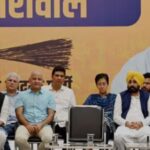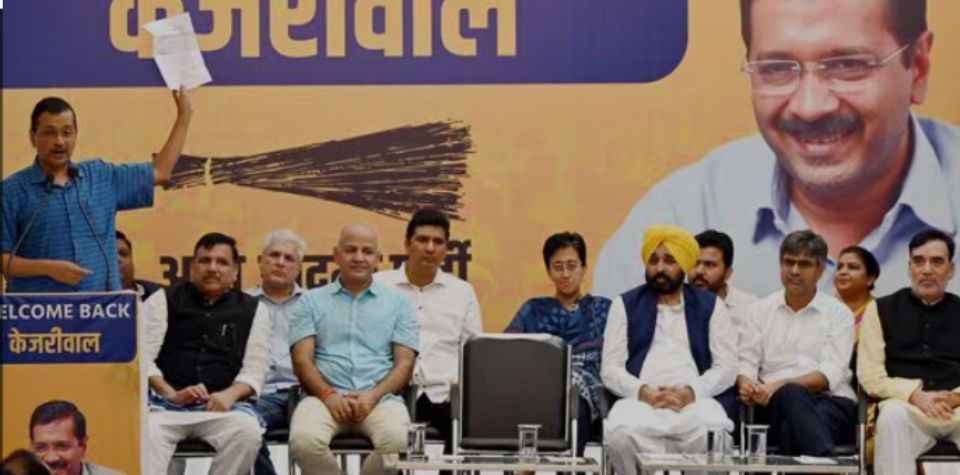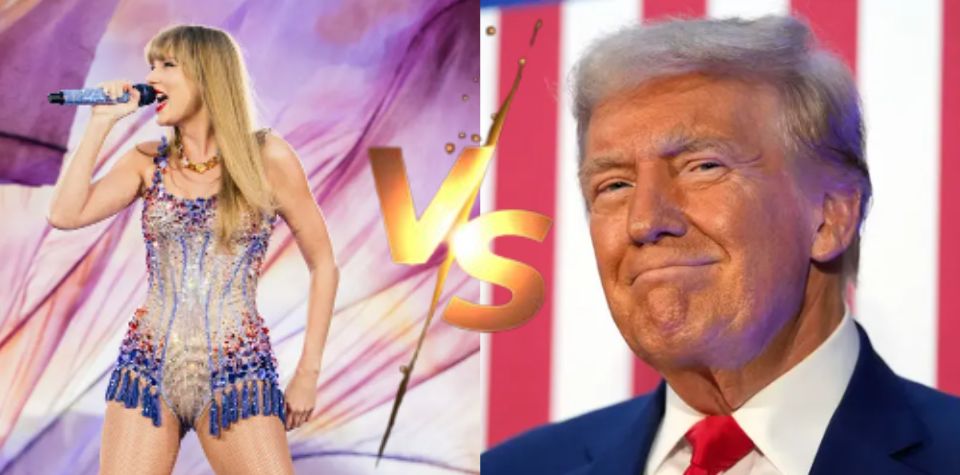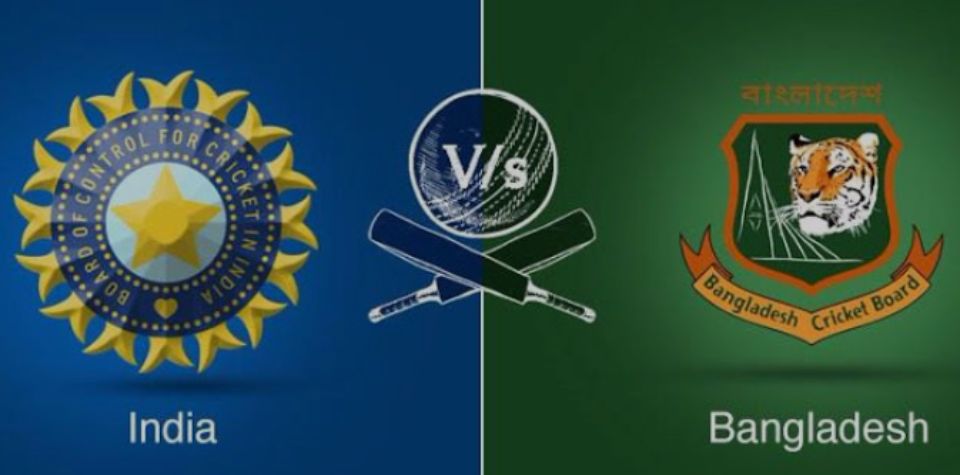Article 370 removal decision by the current Indian government has received a green flag from the supreme court of India.
On August 5, 2019, the Indian government abolished Article 370 from Jammu and Kashmir. Parliamentary approval for this decision was secured with the support of the majority of members and the President. Despite this, the move faced criticism from some opposition leaders and the public.
The same day, advocate Manohar Lal Sharma filed a petition under Article 32, stating that the decision was unconstitutional. After a four-year process, today’s Supreme Court decision came in favor of the government of India.
Points that the Supreme Court Mentioned in their 370 related verdict
The Supreme Court has confirmed the constitutional validity and correctness of the Government of India’s decision to rescind Article 370. Honorable Chief Justice D.Y. Chandrachuran, while discussing the court’s decision, emphasized the following key points:
President has all the powers to abrogate 370
In its verdict, the Supreme Court underscored that the President’s decision is beyond challenge. The court clarified that Article 370 was initially a temporary provision subject to alteration by the constitutional assembly of Jammu and Kashmir. Following the abolition of the constitutional assembly in 1954, its powers were transferred to the legislative assembly.
As per constitutional provisions, since the President holds all the powers of the legislative assembly, the decision to revoke Article 370 during the presidential government in Jammu and Kashmir was deemed constitutional by the Supreme Court.
Jammu and Kashmir is not an exception.
SC also mentioned that Jammu and Kashmir is not more significant than the constitution and its rules. Like other states, J&K is also under the Indian constitution, regardless of its status as a special state.
The court added that if the President approves or makes any decision regarding the welfare of any state, it is indeed.
Instructions to organize elections in J&K
The Supreme Court has also instructed the Indian Central Government to organize elections in Jammu and Kashmir before September 2024. The Modi government has accepted the decision to arrange elections in the related states, and the election commission will soon come into action.
Frequently Asked Questions
What is Article 370?
Article 370 was a temporary provision in the Indian Constitution specifically designed for Jammu & Kashmir. Crafted by the state’s constitution assembly, it conferred a distinct status upon J&K and placed restrictions on certain decisions made by the Indian government within the state.
Why and when was Article 370 removed?
Article 370 was revoked from Jammu and Kashmir on August 5, 2019, by the Indian government. The removal aimed to integrate J&K into the mainstream and address security concerns by curbing terrorist activities in the region.
Who challenged the decision?
While numerous political and social leaders voiced criticism against the Indian government’s decision, the first legal challenge came from advocate Manohar Lal, who filed a petition against the removal of Article 370.
For more trending updates, please click here!











